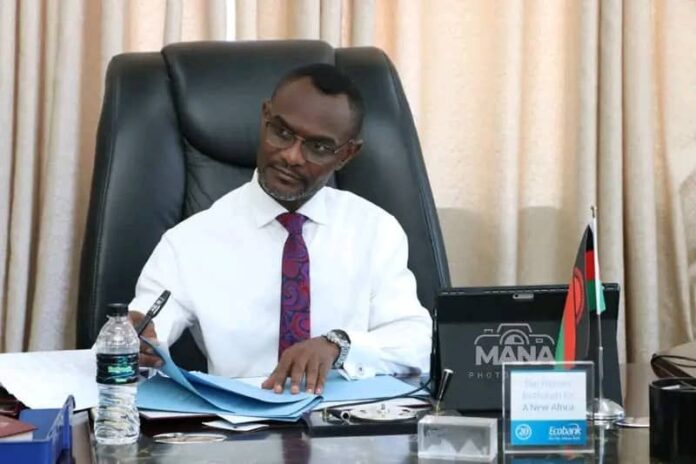By Burnett Munthali
The World Bank has approved a proposal by the Malawi Government to include all urban city councils among the beneficiaries of the Bank-funded Governance to Enable Service Delivery (GESD) 2.0 project, valued at $150 million, equivalent to approximately K260 billion.
Minister of Local Government, Ben Phiri, confirmed the development in an interview with Zodiak Online, describing it as a major step forward in improving urban governance and development.

He explained that the approval follows a series of engagements and a high-level meeting he held with World Bank officials on Tuesday, where Malawi’s proposal received positive consideration.
The GESD 2.0 project is designed as a performance-based initiative, rewarding councils that demonstrate excellence in governance, service delivery, and financial management.
According to Phiri, the inclusion of all eight urban city councils means that cities such as Lilongwe, Blantyre, Mzuzu, and Zomba, among others, are now eligible to receive funding based on their performance outcomes.
He emphasized that this development marks a significant expansion of the project, which previously focused mainly on rural councils under GESD 1.0.
Phiri added that the grants will help city councils strengthen their administrative capacity, enhance accountability, and accelerate the delivery of key public services to urban residents.
He further noted that the government remains committed to ensuring that local councils operate efficiently and transparently to justify continued World Bank support.
Executive Director for the Malawi Local Government Association (MALGA), Hadrod Mkandawire, welcomed the inclusion of urban councils but urged them to address operational inefficiencies before accessing the funds.
Mkandawire said improving institutional performance and service delivery systems at council level will help ensure that the World Bank’s resources are used effectively and sustainably.
He also emphasized that the funding presents an opportunity for councils to align their development strategies with the government’s decentralization and urban transformation agenda.
The GESD 2.0 project, one of Malawi’s largest local governance initiatives, is expected to drive improved infrastructure, social services, and accountability mechanisms across both rural and urban areas.
As Malawi’s urban population continues to grow, the approval is being viewed as a timely intervention to strengthen local government institutions and promote equitable service delivery nationwide.



